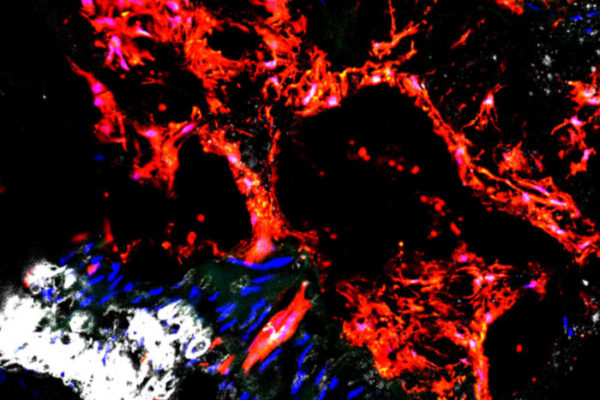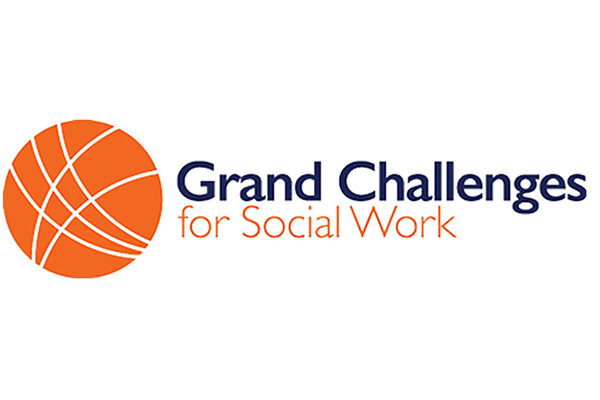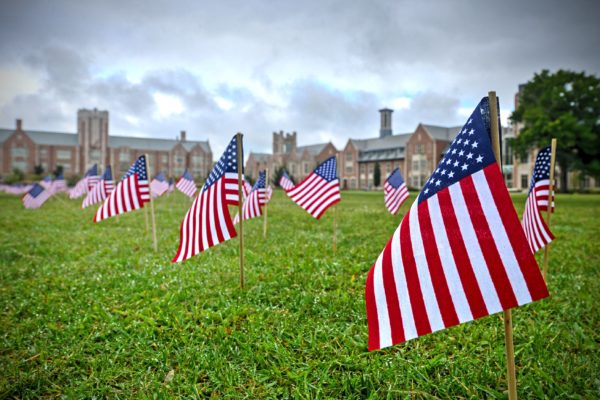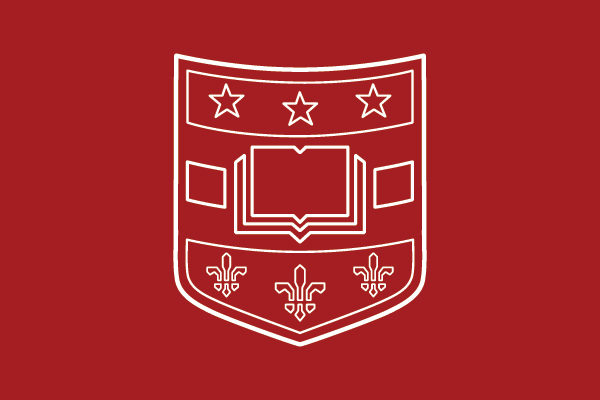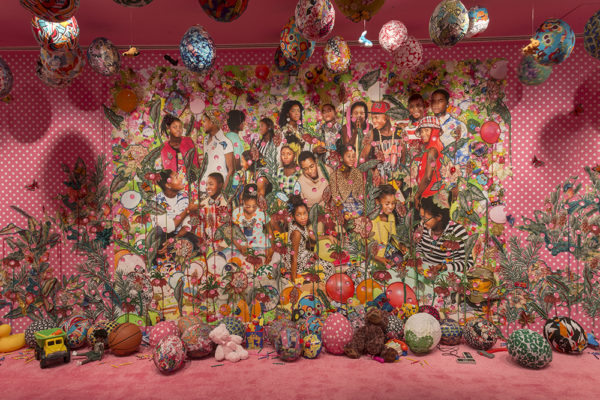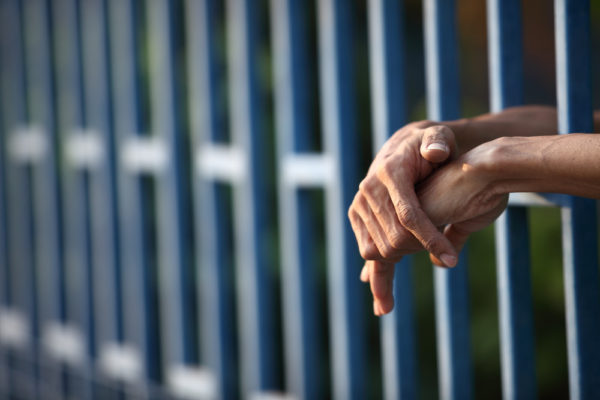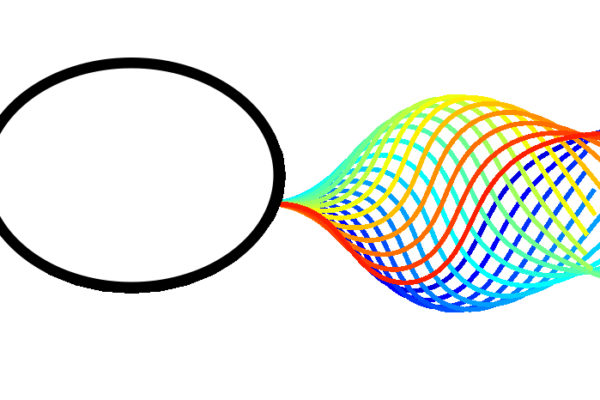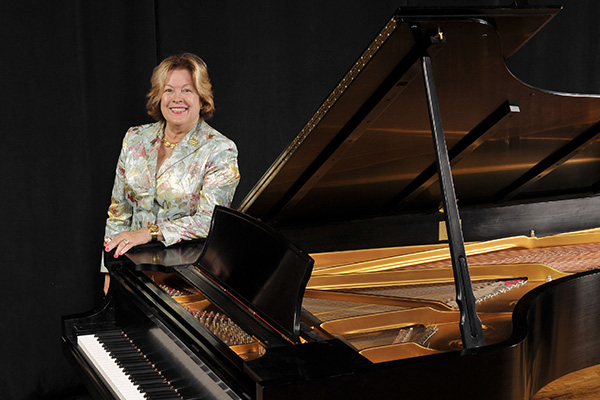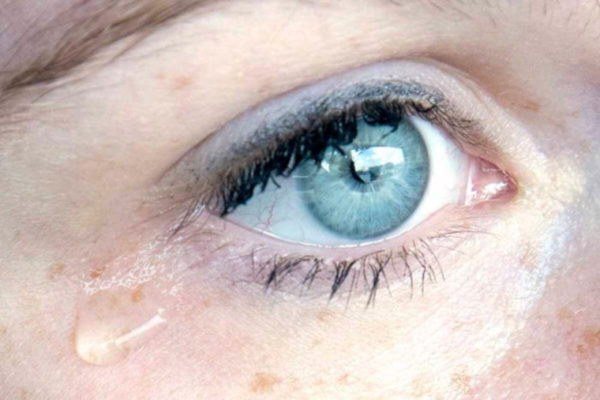Scientists find culprit responsible for calcified blood vessels in kidney disease
Scientists have implicated a type of stem cell in the calcification of blood vessels that is common in patients with chronic kidney disease. The study, led by researchers at Washington University School of Medicine in St. Louis, appeared Sept. 8 in the journal Cell Stem Cell.
Brown School conference to focus on ‘12 Grand Challenges’ for America
National experts, advocates, and leading academics will gather in the Brown School’s Hillman Hall Sept. 14-16 as part of a timely policy conference designed to hammer out constructive solutions to pressing social issues facing the country and the next administration.
American flags to be planted in honor of 9/11
In commemoration of the 15th anniversary of 9/11, members of the Washington University in St. Louis College Republicans will plant 2,977 flags — one for each victim in the deadly attacks — on Mudd Field on Saturday, Sept. 10. The flags will stay on view through Monday, Sept. 12.
Open conversation to discuss democracy and disagreement
An open conversation Wednesday, Sept. 14, will explore “Election 2016: Democracy and Disagreement.” Moderated by Adrienne Davis, vice provost and the William M. Van Cleve Professor of Law, the event will be held from 4:30-6:30 p.m. in Anheuser-Busch Hall’s Bryan Cave Moot Courtroom.
Gary M. Sumers Recreation Center to open Oct. 29
The Sumers Recreation Center will open to the Washington University in St. Louis community on Saturday, Oct. 29. Memberships for staff, faculty and contract employees will be available starting Sept. 19 and include access to 50 free classes and state-of-the-art cardio equipment.
Sam Fox School, Kemper Art Museum celebrate 10th anniversaries
On Friday, Sept. 9, the Sam Fox School of Design & Visual Arts and the Mildred Lane Kemper Art Museum will mark the 10th anniversary of the school’s founding and the opening of the Museum’s Fumihiko Maki-designed building. The celebration will include food, music, an exhibition showcasing the museum’s permanent collection and a special one-night-only project by celebrated alumna Ebony G. Patterson.
Cost of incarceration in the U.S. more than $1 trillion
The cost of incarceration in the United States exceeds $1 trillion, or six percent of gross domestic product. That dwarfs the amount spent on corrections alone, finds a new study from Washington University in St. Louis.
Faculty team awarded $1.25 million to study ‘swimming cells’
They are the tiny motors present in many of the human body’s most complex systems: cilia and flagella move liquids such as cerebrospinal fluid and mucus past the cell surface, and throughout the body. Both are of vital importance to human health, but how they actually move remains a mystery. A team from Washington University in St. Louis has been awarded a 5-year, $1.25 million grant to study the mechanics of these tiny organelles.
Pillsbury Theatre to be dedicated Sept. 10
The Department of Music in Arts & Sciences at Washington University in St. Louis will dedicate its recently renovated Pillsbury Theatre Sept. 10 in honor of Mary Pillsbury Wainwright and her parents, Joyce Sanborn Pillsbury and Carol Fleming Pillsbury. The 300-seat Art Deco space boasts a Steinway piano and a terrazzo floor. It regularly hosts concerts, recitals, classes and other intimate events.
Evidence of Zika virus found in tears
Researchers have found that Zika virus can live in eyes and have identified genetic material from the virus in tears, according to a study from the School of Medicine. The research, in mice, helps explain why some Zika patients develop eye disease, including a condition that can lead to permanent vision loss.
View More Stories
